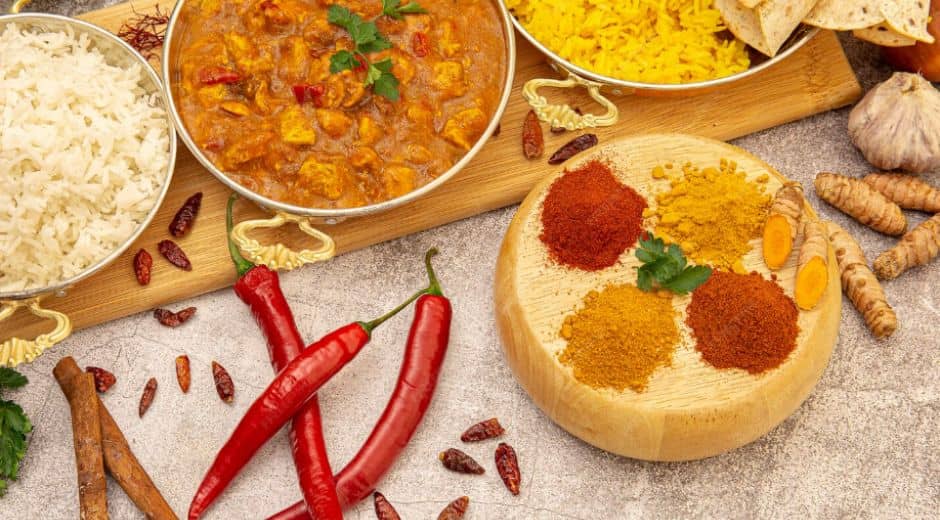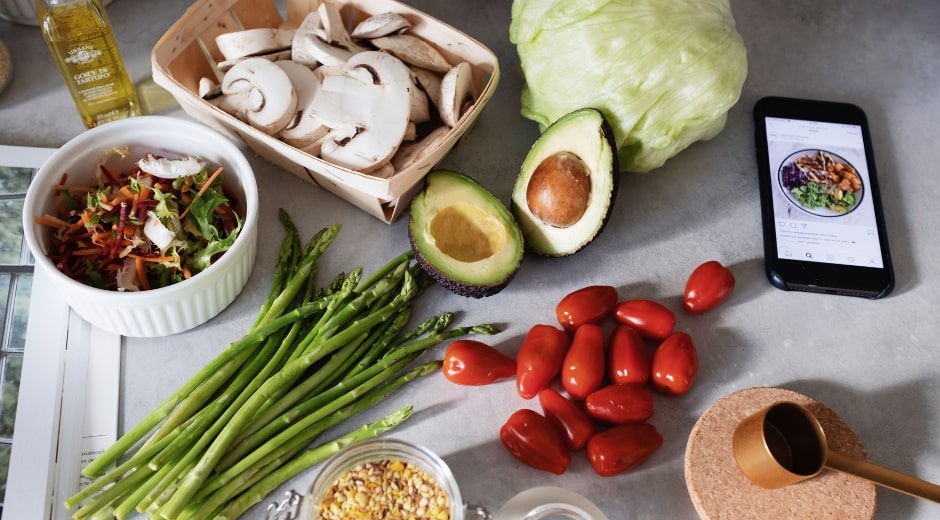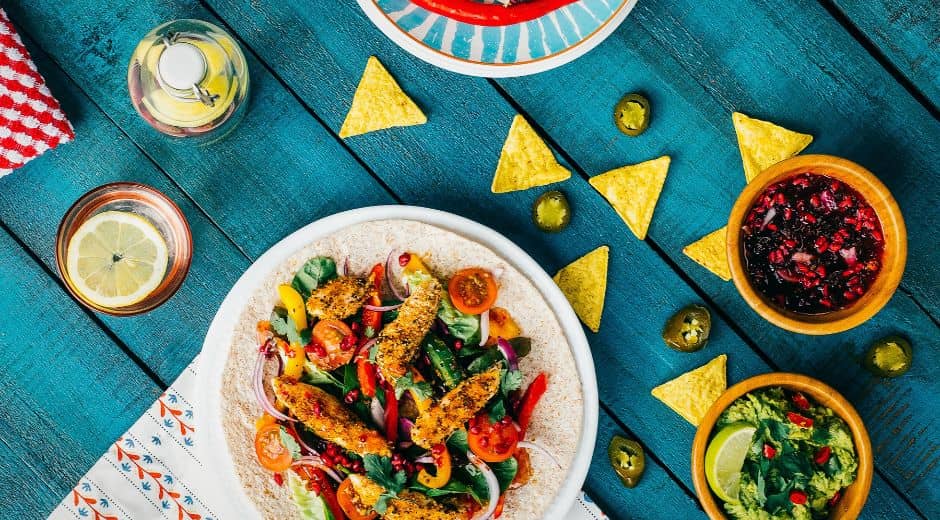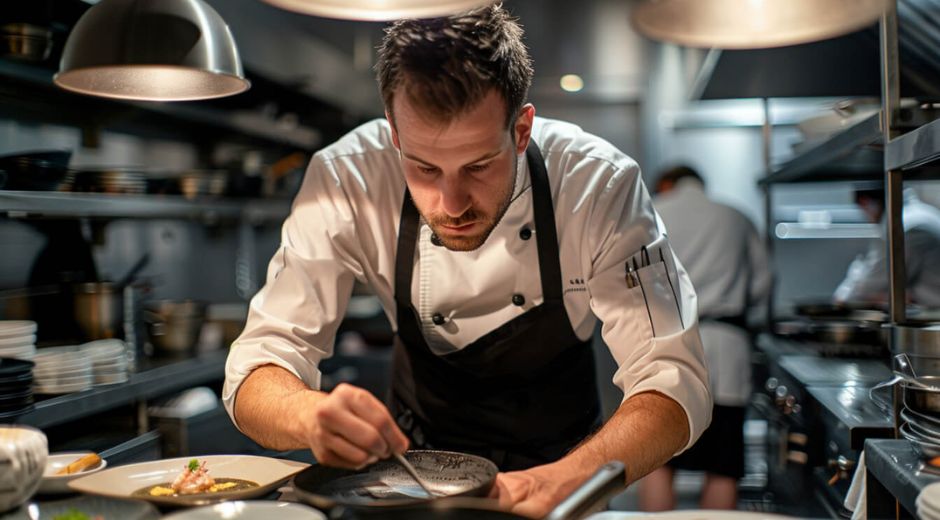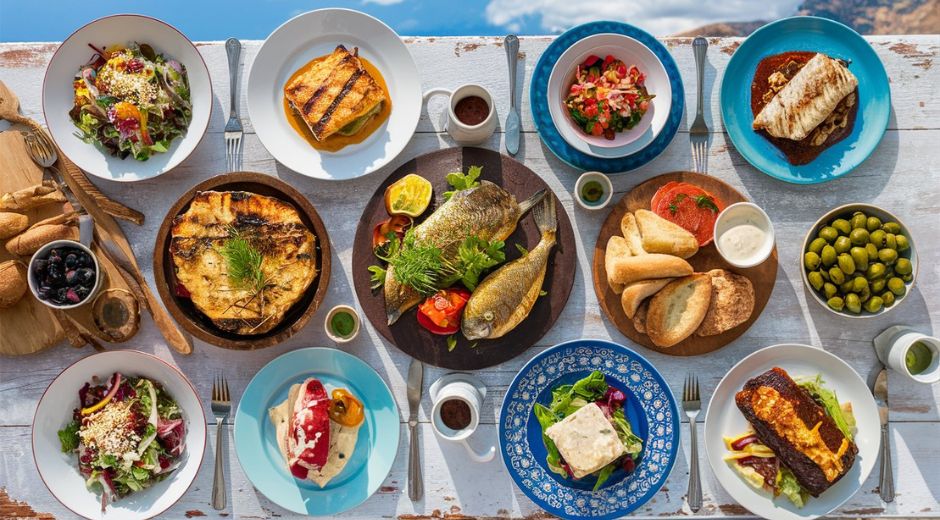Flavors of India: 7 Stories That Define a Nation’s Taste
Flavors of India: 7 Stories That Define a Nation’s Taste
India is a land where every region tells a story through its food. The flavors of India are not just about spices or ingredients—they carry centuries of culture, tradition, and history. From royal kitchens to humble street stalls, each dish has a tale that reveals the heart of the nation. Exploring these stories is like taking a journey through time, tracing the footsteps of emperors, traders, and everyday people who shaped the country’s rich culinary heritage. Here are seven remarkable stories that define India’s flavors and culinary identity.
1. The Tale of Royal Biryani
Biryani, a fragrant mix of rice, spices, and sometimes meat, is much more than a dish—it is a story of power, artistry, and celebration. Legend has it that the Mughal emperors demanded perfection from their chefs, who would spend days preparing the perfect combination of spices, saffron, and long-grain rice. Each layer carried meaning: saffron for royalty, spices for vitality, and rice as a symbol of abundance. The flavors of biryani became synonymous with celebration, marking weddings, festivals, and royal feasts. Over time, this dish traveled across India, absorbing local tastes and producing countless regional variations, from Kolkata’s subtle aroma to Hyderabad’s intense spiced experience.
2. The Magic of Masala Chai
Few beverages capture the essence of India like masala chai. This spiced tea, brewed with cardamom, ginger, cinnamon, and cloves, is a daily ritual for millions. The story goes that the blend of spices was originally intended for health, meant to stimulate digestion and boost immunity. Over centuries, masala chai became a social connector—serving a cup of tea is an invitation, a gesture of friendship. The flavors tell the story of a nation that blends health, warmth, and hospitality into a simple cup, and even today, sipping masala chai in a street-side stall can transport you through centuries of Indian tradition.
3. Sacred Sweets of Temples
In towns where temples dominate the skyline, sweets hold a spiritual significance. Laddoos, pedas, and halwas are offered to deities, and devotees believe that these flavors carry blessings. Each sweet has a story rooted in mythology or local legend. For instance, in the town of Mathura, the birthplace of Lord Krishna, sweets like peda are not merely desserts—they are an essential part of devotion, connecting generations. Festivals, daily rituals, and pilgrimages ensure that these stories, and their associated flavors, continue to thrive, making food a bridge between spirituality and culture.
4. The Coastal Curry Chronicles
India’s long coastline has been a corridor of trade and culinary exchange for centuries. Coastal curries, with coconut, tamarind, and fresh seafood, tell stories of foreign traders, colonial influence, and local ingenuity. The flavors of these dishes reveal how external influences were absorbed and transformed into something uniquely Indian. In Kerala, the Malabar Coast produced curries so aromatic that they became famous across continents, a testament to India’s role in the global spice trade. Each curry is a tale of geography meeting tradition, showing how flavors can narrate history in the most delicious way.
5. Street Food Legends
Every Indian city boasts street food that locals and travelers revere. In Delhi, the story of chaat—a mix of crisped dough, potatoes, chutneys, and spices—begins with humble vendors turning simple ingredients into extraordinary flavors. These culinary tales speak of resilience and creativity. Mumbai’s vada pav tells of a working-class innovation that became a national symbol, while Kolkata’s puchka (pani puri) carries whispers of colonial streets and local adaptation. Street foods are living narratives, where every bite is a page from the storybook of India’s culinary soul.
6. The Festival Feast Stories
Festivals in India are incomplete without food. Diwali, Holi, Eid, and Pongal are celebrated with lavish spreads, each dish steeped in tradition. For example, during Diwali, families prepare sweets and snacks whose flavors have been preserved for centuries. These are not just meals—they are memories, a link to ancestors, and a living testament to the nation’s diversity. Festivals make food a storyteller, conveying values, emotions, and the richness of Indian heritage through every bite.
7. The Spice Route Odyssey
The flavors of Indian cuisine are inseparable from the history of trade. Ancient merchants brought black pepper, cardamom, cinnamon, and saffron from far-flung lands, transforming local dishes into culinary masterpieces. Indian kitchens adopted these spices, creating flavors that influenced not only local but global cuisines. The spice trade is more than commerce—it is a story of curiosity, exploration, and cultural exchange. For travelers eager to explore these historic culinary narratives, TripBeyondTravel offers immersive experiences that trace the origins of India’s iconic flavors around the world.
Conclusion
India’s culinary stories demonstrate that flavors are far more than taste—they are memory, identity, and heritage. From royal kitchens to street vendors, coastal markets to temple towns, the flavors of India narrate tales of history, devotion, and innovation. Every spice, every aroma, every bite tells a story waiting to be discovered.
For more journeys into the world of flavors, explore our detailed article on the secrets behind India’s famous street foods, where history, culture, and taste intersect in fascinating ways.
Best cooking Tips

Simple Ingredient Meals With Big Flavor
Simple Ingredient Meals With Big Flavor

Hearty Home Meals That Feel Comforting And Filling
Hearty Home Meals That Feel Comforting And Filling

Everyday Food Ideas For Consistent Inspiration
Everyday Food Ideas For Consistent Inspiration

Casual Home Dining Ideas For Relaxed Meals
Casual Home Dining Ideas For Relaxed Meals
